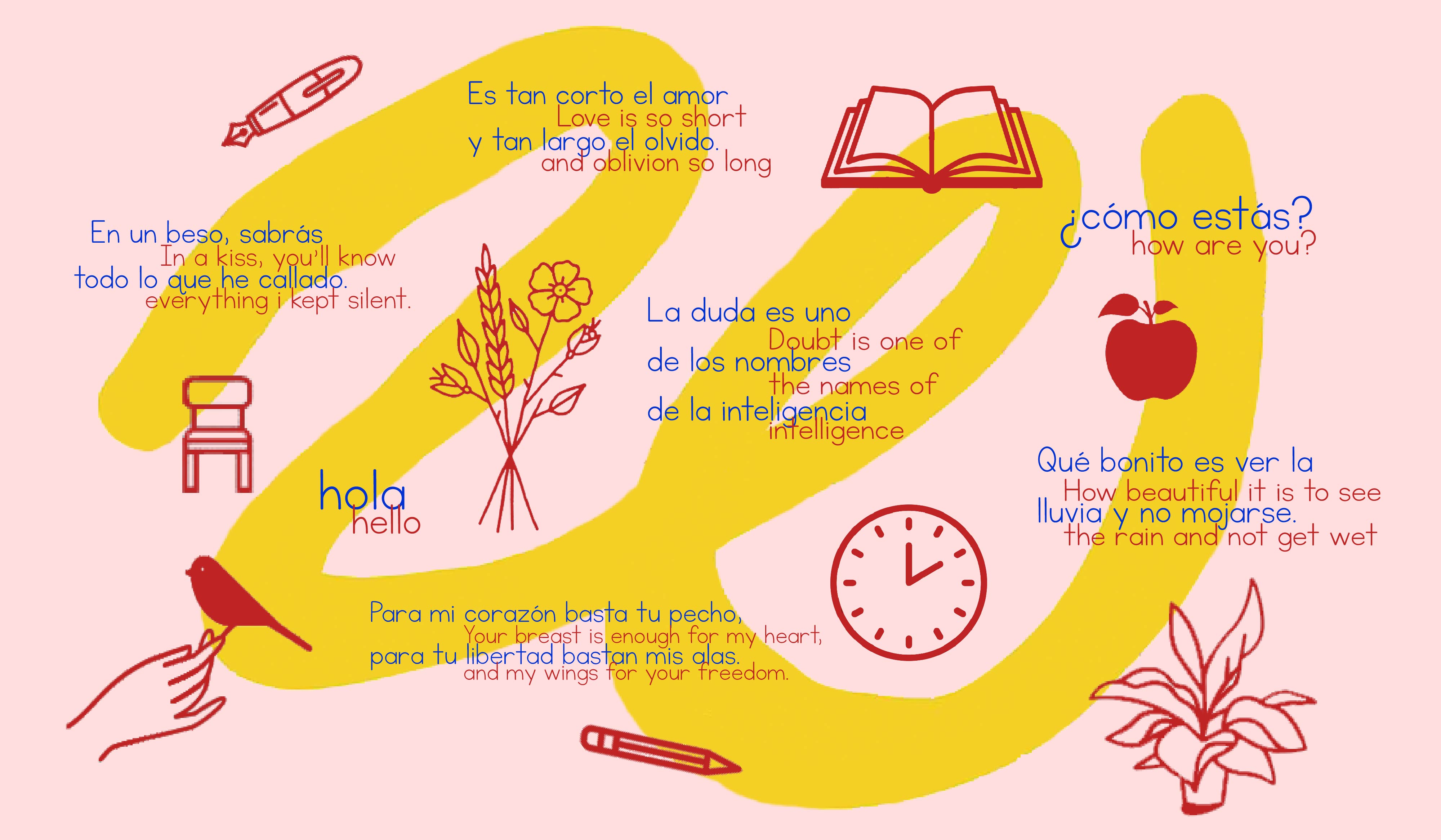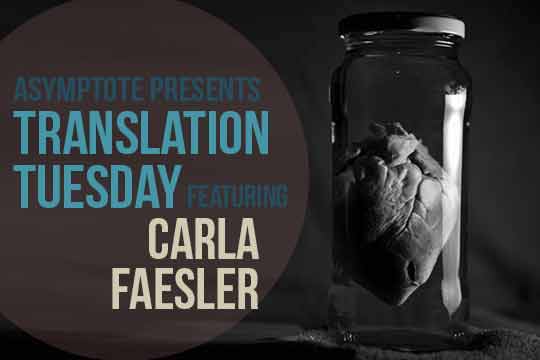What does it mean to teach translation? Many translators are self-taught, having honed their skills in careers as writers or editors, academics or language experts. But some universities in the United States also offer seminars in the craft of translation. The teacher-translator, then, takes on the unique challenge of developing new pedagogy for a field in flux, one that exists at the intersection of language study, theory, and the instructor’s own experiences in the creative practice of translation.
Today, translator Natasha Wimmer sits down with her former student and Asymptote Editor-at-Large in Brazil, Lara Norgaard, to discuss her approach to teaching translation.
Lara Norgaard (LN): How did you begin teaching translation? What made you interested in education?
Natasha Wimmer (NW): Princeton approached me, actually. I had never taught a class. Not only that, but I also only have an undergraduate degree, so I had never even taken a graduate class. I was a little bit nervous about taking the job. A few years later I started at Columbia. In that case, I did a panel discussion with the other Bolaño translator, Chris Andrews, and the department heads enjoyed the discussion, so they asked me to teach.
LN: Was there a particular class you took or text you read that influenced the way you approached teaching for the first time?
NW: I actually imagined the course as the class I wish I’d taken before I became a translator. I had no formal education in translation at all. I had never taken a translation class and, in fact, I hadn’t even read anything about translation until about eight years into my translation career. When I was asked to give a talk about translation, I realized I had avoided reading about translation because I was afraid that I would discover that I had been doing it wrong, or that maybe I would mess with the instinctive approach that had somehow been successful so far. But then I found reading about translation really stimulating. I discovered that, not surprisingly, there was a conversation about the questions I had and about the things that I hadn’t articulated but had been working through as a translator.
I worked really hard the first year I taught the Princeton class. I spent a few months just reading translation theory and translation essays for material that I thought was interesting and put together a reading list. The first semester I taught at Princeton was very experimental. In retrospect, I’m surprised I survived. The format of the class changed a lot from the first year to the second.








